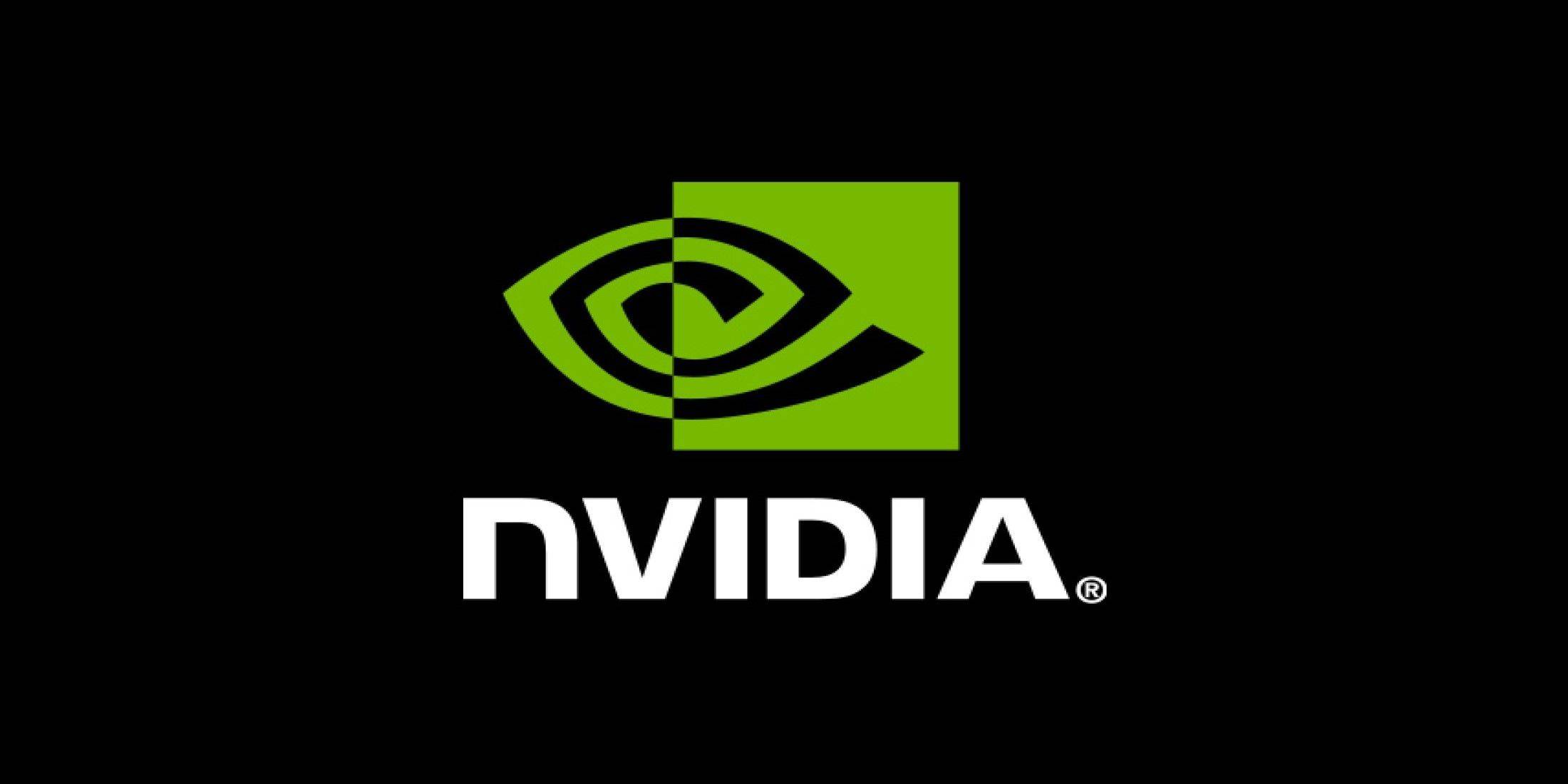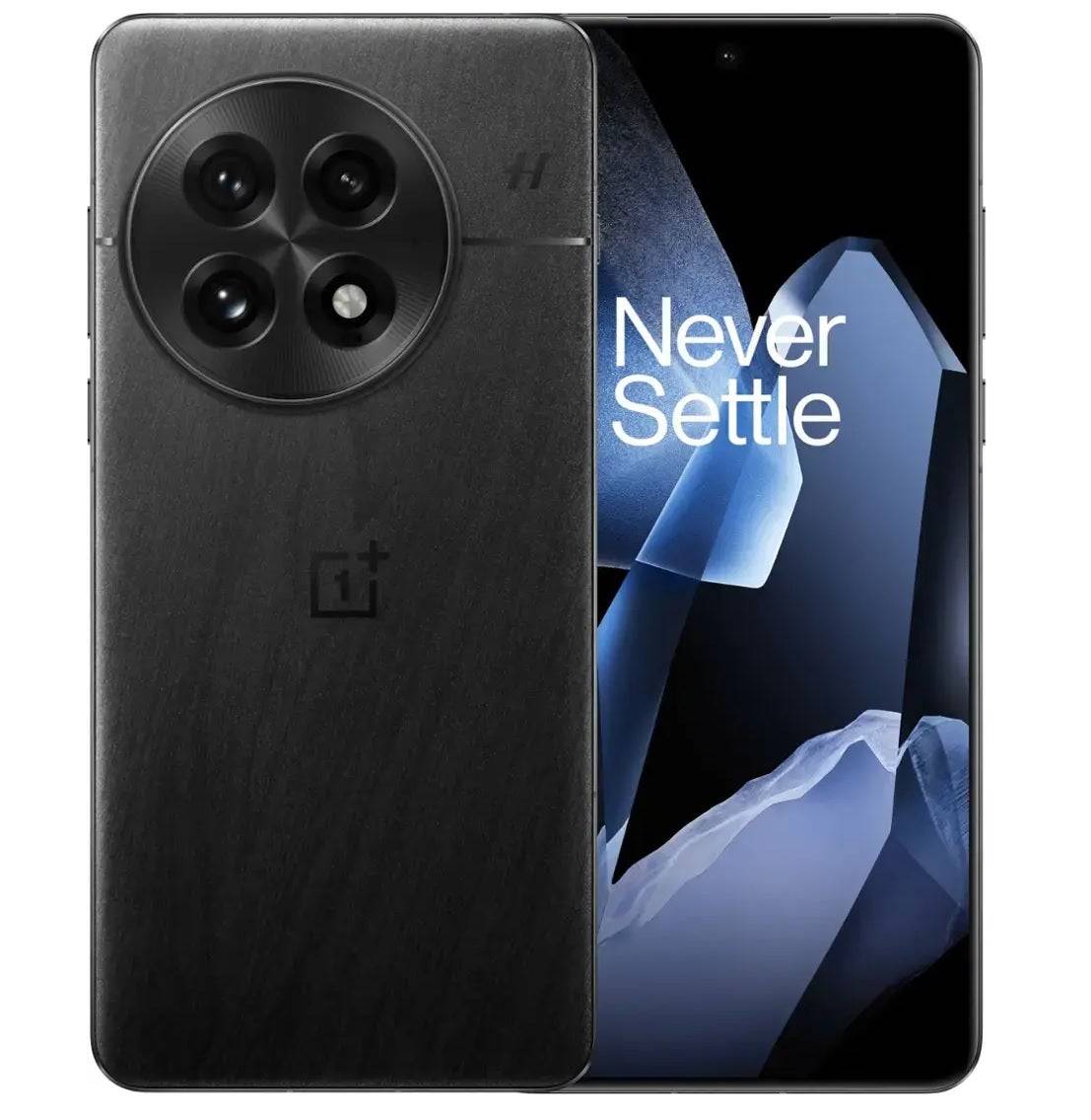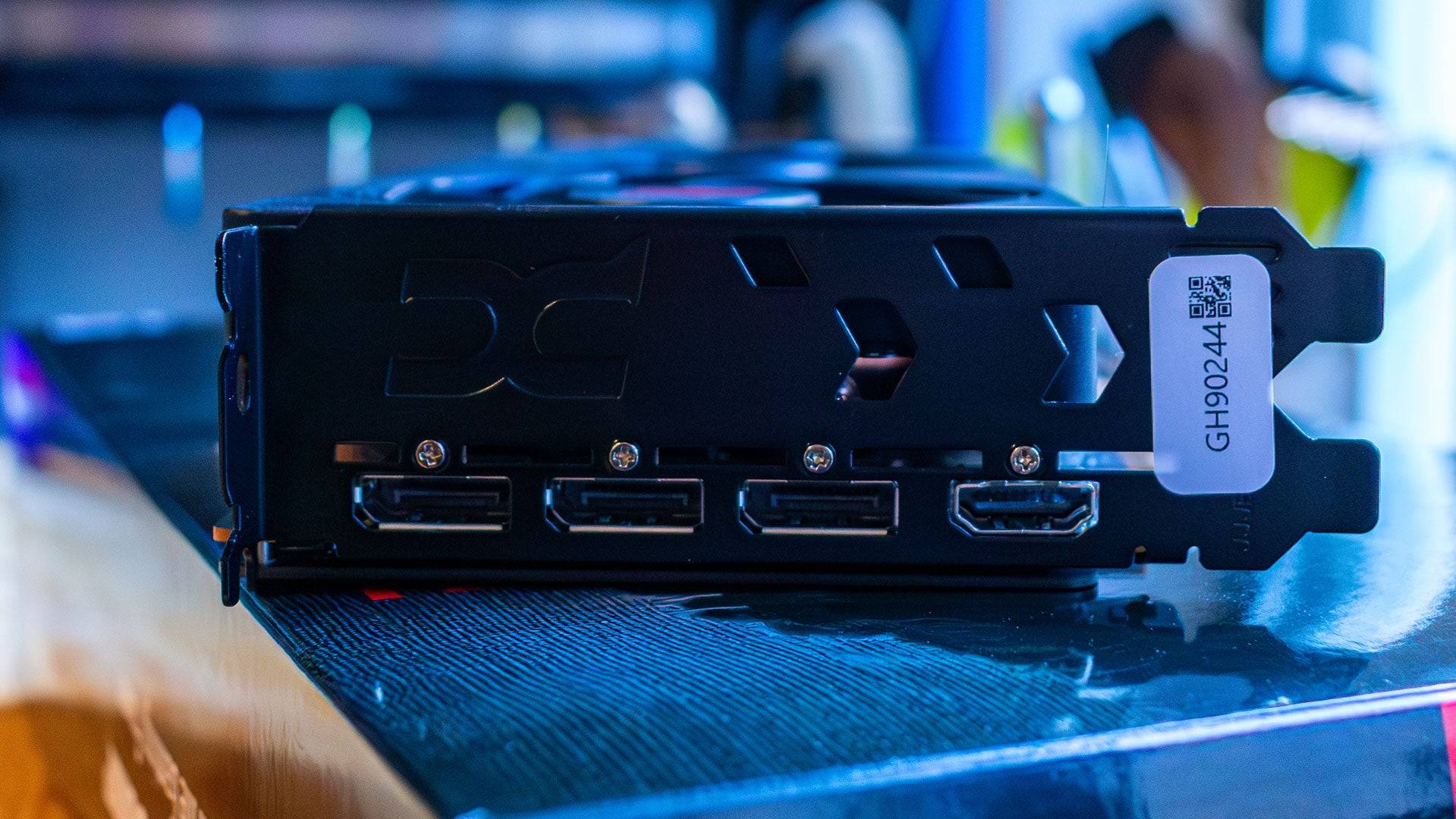EA Is Dealing the Final Blow to Origin, and Taking Some Users With It
EA's Origin app, launched in 2011 as a rival to Steam, is finally being replaced by the EA app. This transition, however, comes with significant drawbacks. The clunky user experience and frustrating login procedures that plagued Origin seem to be carrying over. Worse, users risk losing access to their purchased games if they don't actively transfer their accounts from Origin to the new EA app. This means a potentially significant loss of access to a game library built up over years.
Adding to the complications, the EA app only supports 64-bit operating systems, leaving 32-bit users in the lurch. While Steam also dropped 32-bit support in early 2024, this move highlights concerns about digital ownership. The reliance on proprietary platforms and their potential for incompatibility with future hardware raises questions about long-term access to purchased content. Most modern systems are 64-bit, but users with older machines, especially those running 32-bit versions of Windows 10 (sold by Microsoft until 2020), will be affected. A simple RAM check (32-bit systems max out at 4GB) can help determine if this is a concern.
This situation underscores the limitations of digital rights management (DRM). Intrusive DRM solutions, such as Denuvo, which require deep system access, further complicate matters, imposing arbitrary restrictions despite legitimate purchases.
A potential solution for preserving digital game libraries is to utilize platforms like GOG, which offers DRM-free titles. Games purchased from GOG are yours to keep and play on any compatible hardware, indefinitely. While this model presents challenges for developers in terms of piracy, it offers a compelling alternative for gamers seeking long-term ownership and accessibility. The upcoming release of Kingdom Come: Deliverance 2 on GOG demonstrates the viability of this DRM-free approach.
Latest Articles

![1xBet [Updated]](https://imgs.yx260.com/uploads/76/1719623227667f5e3be7616.jpg)





























